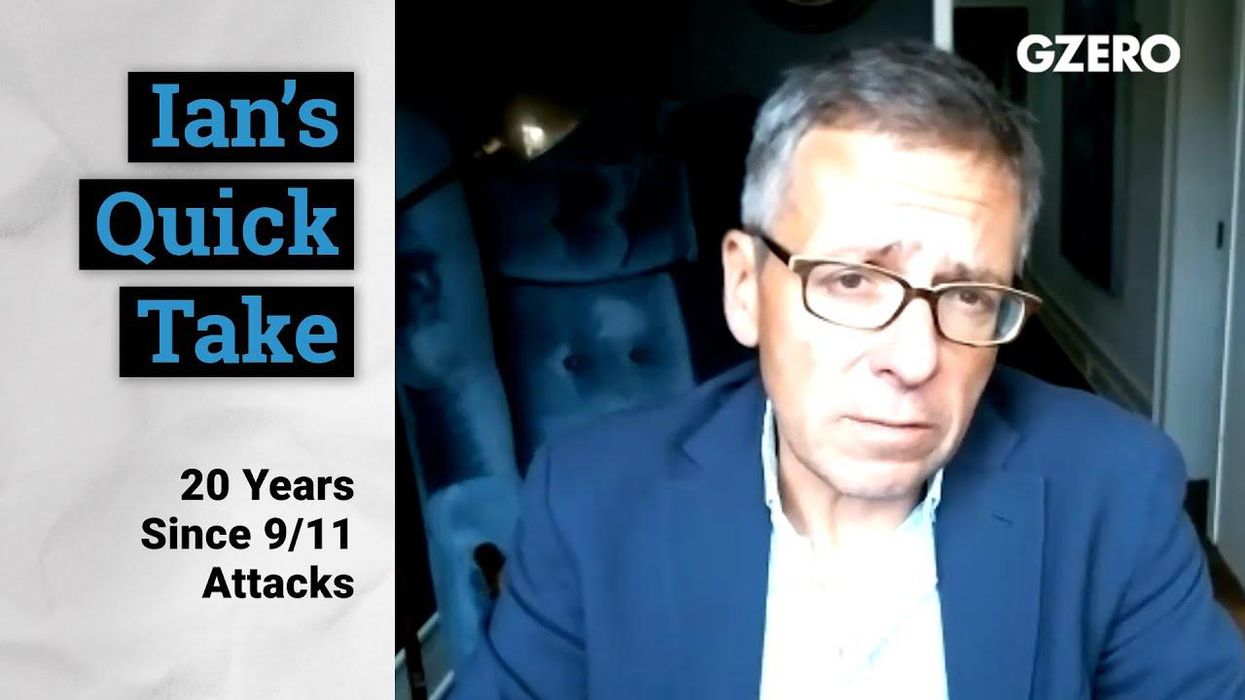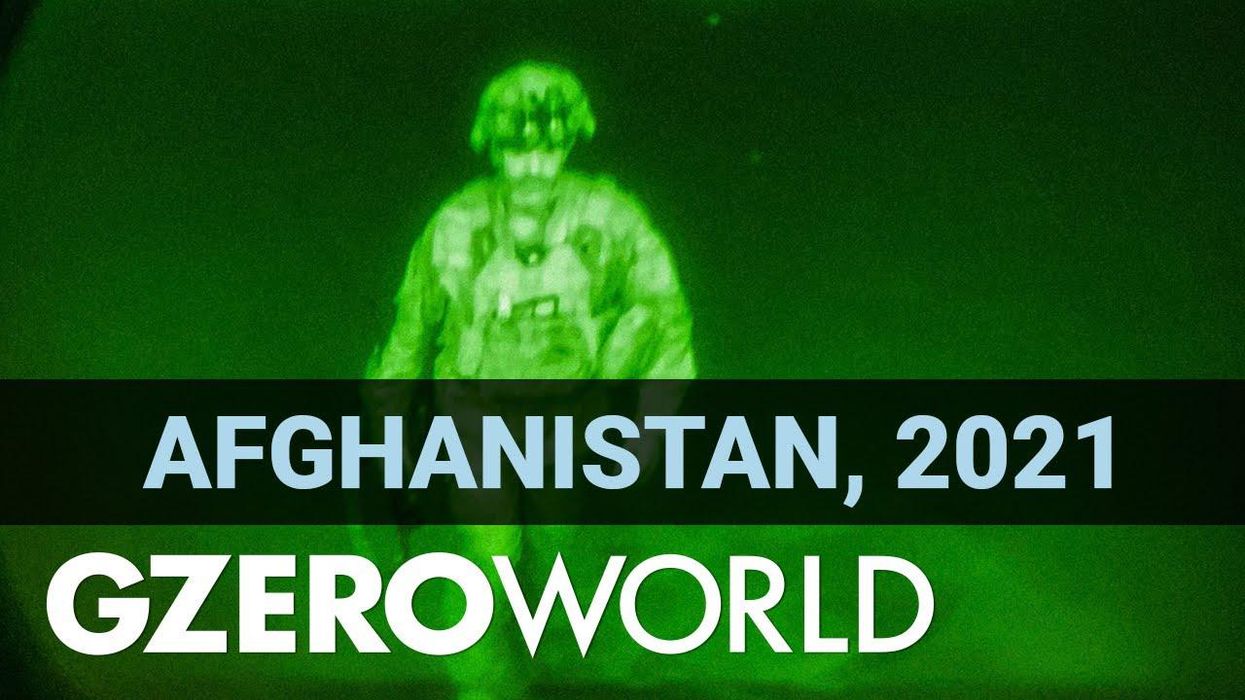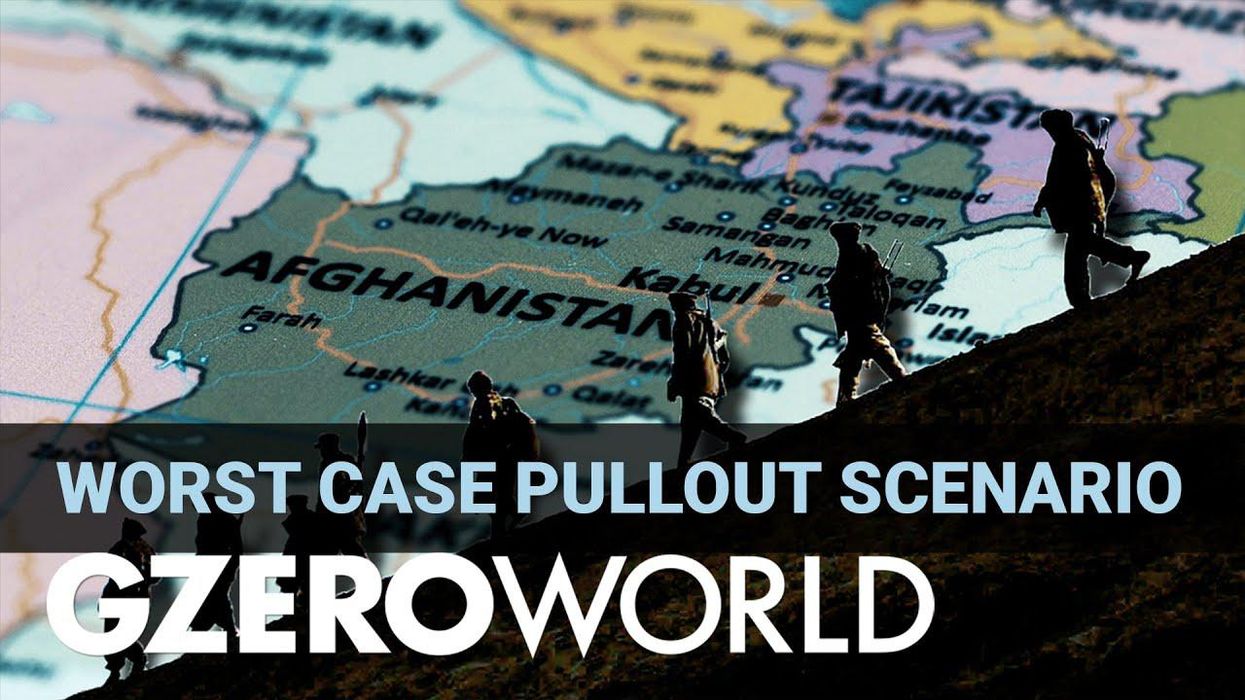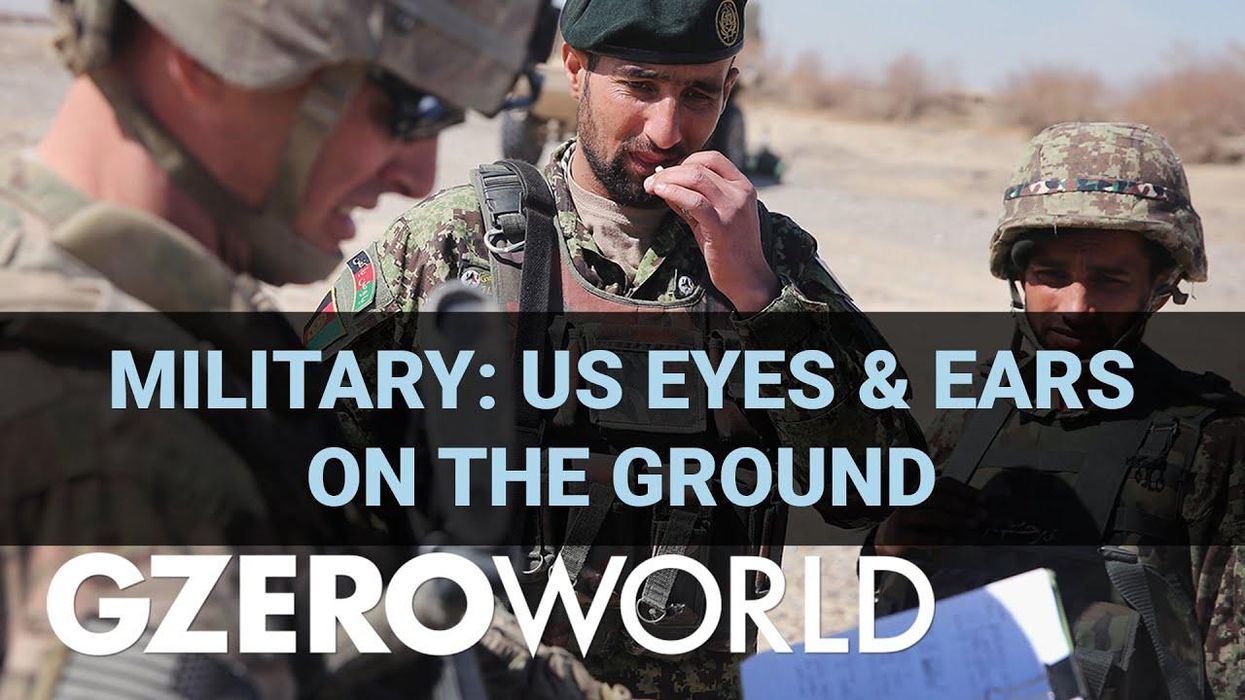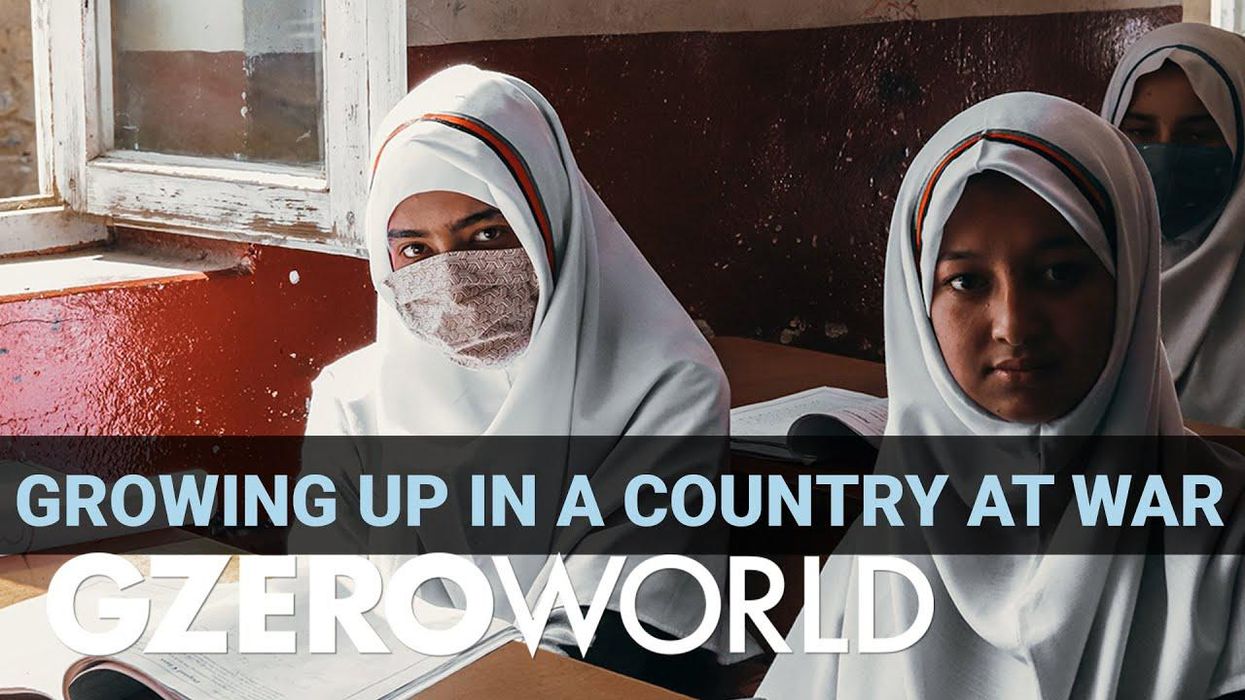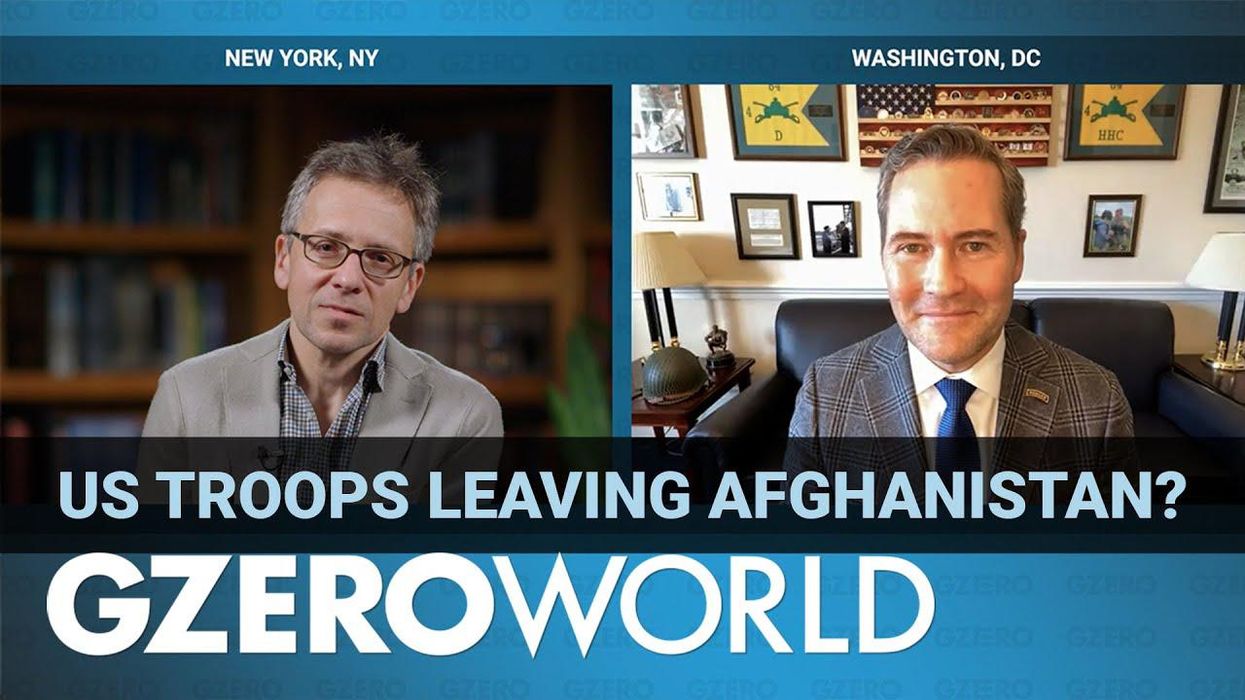Quick Take
20 years since 9/11 attacks
Ian Bremmer's Quick Take: It's the 20th anniversary of 9/11 coming up real soon and I thought I'd give you a few thoughts about it. Now, we're 20 years past this and we're going to talk a lot on the day about Afghanistan and the end of the war. But I think that it is important to remember that the United States did come together after it was attacked. And it is so unfortunate that both the war in Afghanistan's mission became so diffuse and expanded and bad and wrongheaded.
Sep 09, 2021
